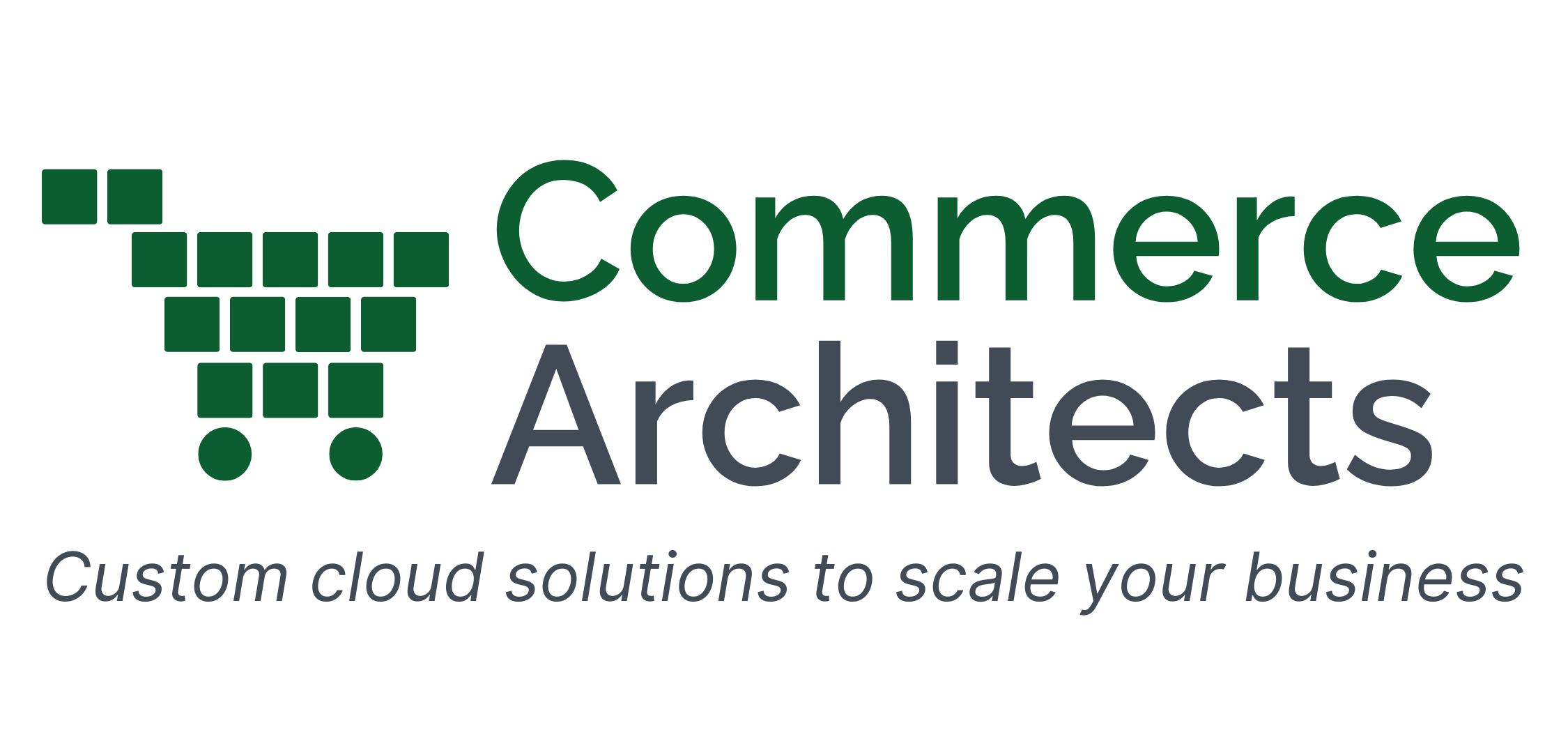

Commerce Architects

Washington, United States
July 2023
Software publishing and SaaS platforms
Service with Minor Environmental Footprint
United States
Pioneering cloud-based solutions for 10 years, Commerce Architects partners with your team to design and implement solutions to solve your most challenging business issues and help your ecommerce business scale. Our team employs the design principles of the Amazon Web Services (AWS) Well-Architected Framework to maximize the efficiency of your applications and reduce energy waste. This includes implementing best practices for improving sustainability, such as ensuring that services are only running for what you need, and locating your servers in regions with high sources of renewable energy. At Commerce Architects, we’re committed to translating our values into actions that make a difference today—and leave a lasting positive impact on the generations of tomorrow. B Corp certification provides us with a framework for which we can better understand how we can support the growing movement to make business a force for good. This encompasses everything we do, from how we work and travel, to where we invest, and who we choose as our clients and partners.
Overall B Impact Score
Governance 14.5
Governance evaluates a company's overall mission, engagement around its social/environmental impact, ethics, and transparency. This section also evaluates the ability of a company to protect their mission and formally consider stakeholders in decision making through their corporate structure (e.g. benefit corporation) or corporate governing documents.
What is this? A company with an Impact Business Model is intentionally designed to create a specific positive outcome for one of its stakeholders - such as workers, community, environment, or customers.
Workers 35.9
Workers evaluates a company’s contributions to its employees’ financial security, health & safety, wellness, career development, and engagement & satisfaction. In addition, this section recognizes business models designed to benefit workers, such as companies that are at least 40% owned by non-executive employees and those that have workforce development programs to support individuals with barriers to employment.
Community 18.4
Community evaluates a company’s engagement with and impact on the communities in which it operates, hires from, and sources from. Topics include diversity, equity & inclusion, economic impact, civic engagement, charitable giving, and supply chain management. In addition, this section recognizes business models that are designed to address specific community-oriented problems, such as poverty alleviation through fair trade sourcing or distribution via microenterprises, producer cooperative models, locally focused economic development, and formal charitable giving commitments.
Environment 13.5
Environment evaluates a company’s overall environmental management practices as well as its impact on the air, climate, water, land, and biodiversity. This includes the direct impact of a company’s operations and, when applicable its supply chain and distribution channels. This section also recognizes companies with environmentally innovative production processes and those that sell products or services that have a positive environmental impact. Some examples might include products and services that create renewable energy, reduce consumption or waste, conserve land or wildlife, provide less toxic alternatives to the market, or educate people about environmental problems.
Customers 3.0
Customers evaluates a company’s stewardship of its customers through the quality of its products and services, ethical marketing, data privacy and security, and feedback channels. In addition, this section recognizes products or services that are designed to address a particular social problem for or through its customers, such as health or educational products, arts & media products, serving underserved customers/clients, and services that improve the social impact of other businesses or organizations.